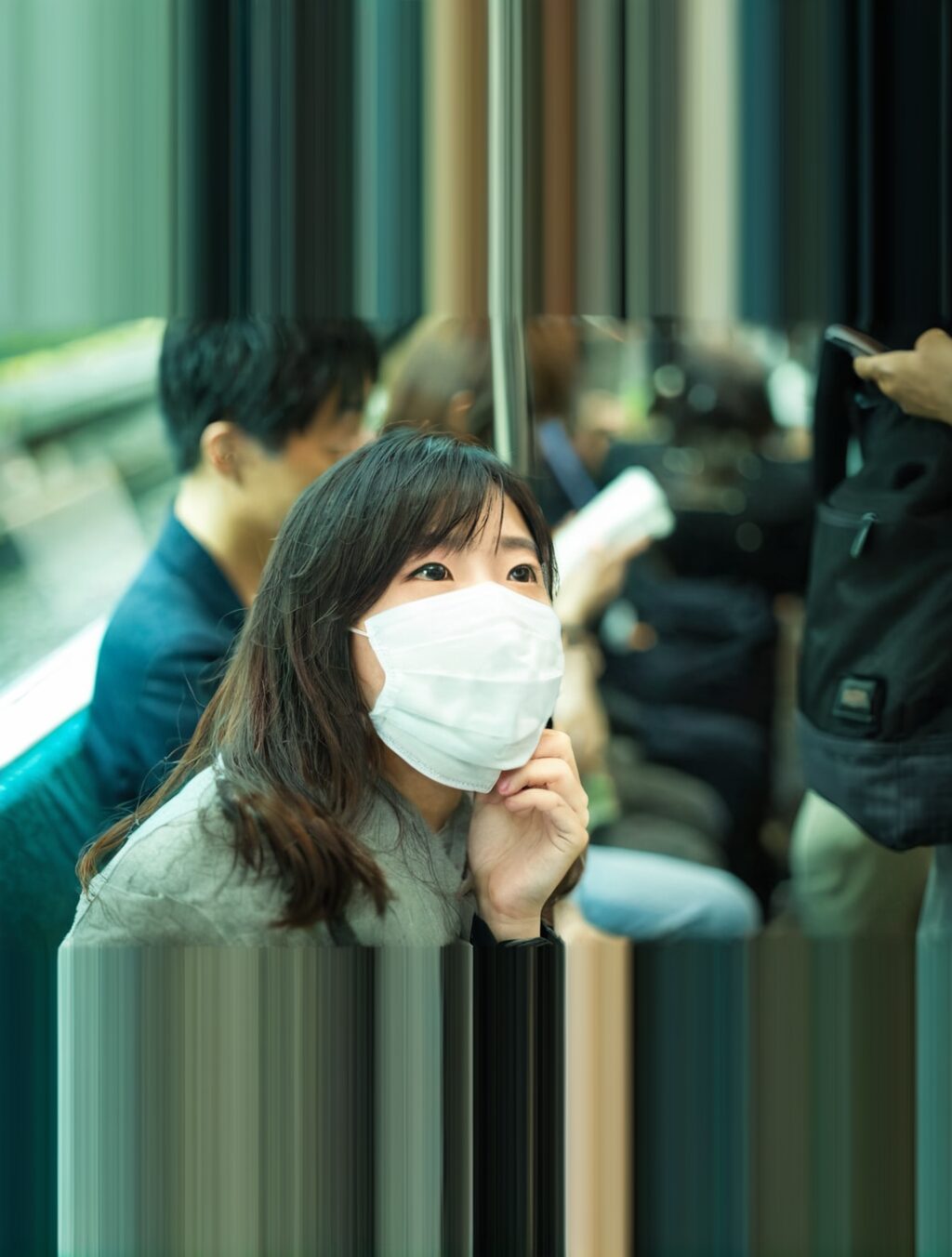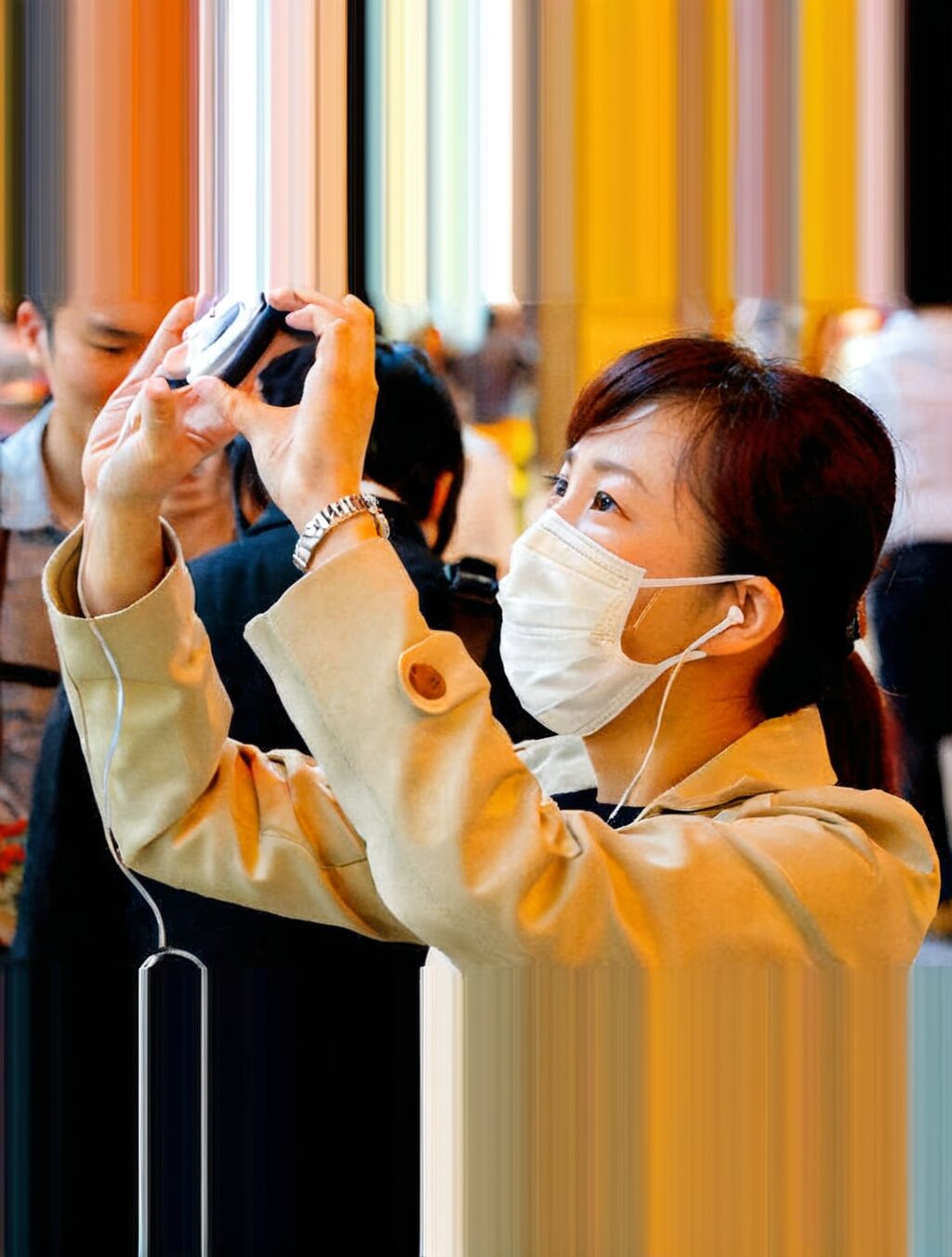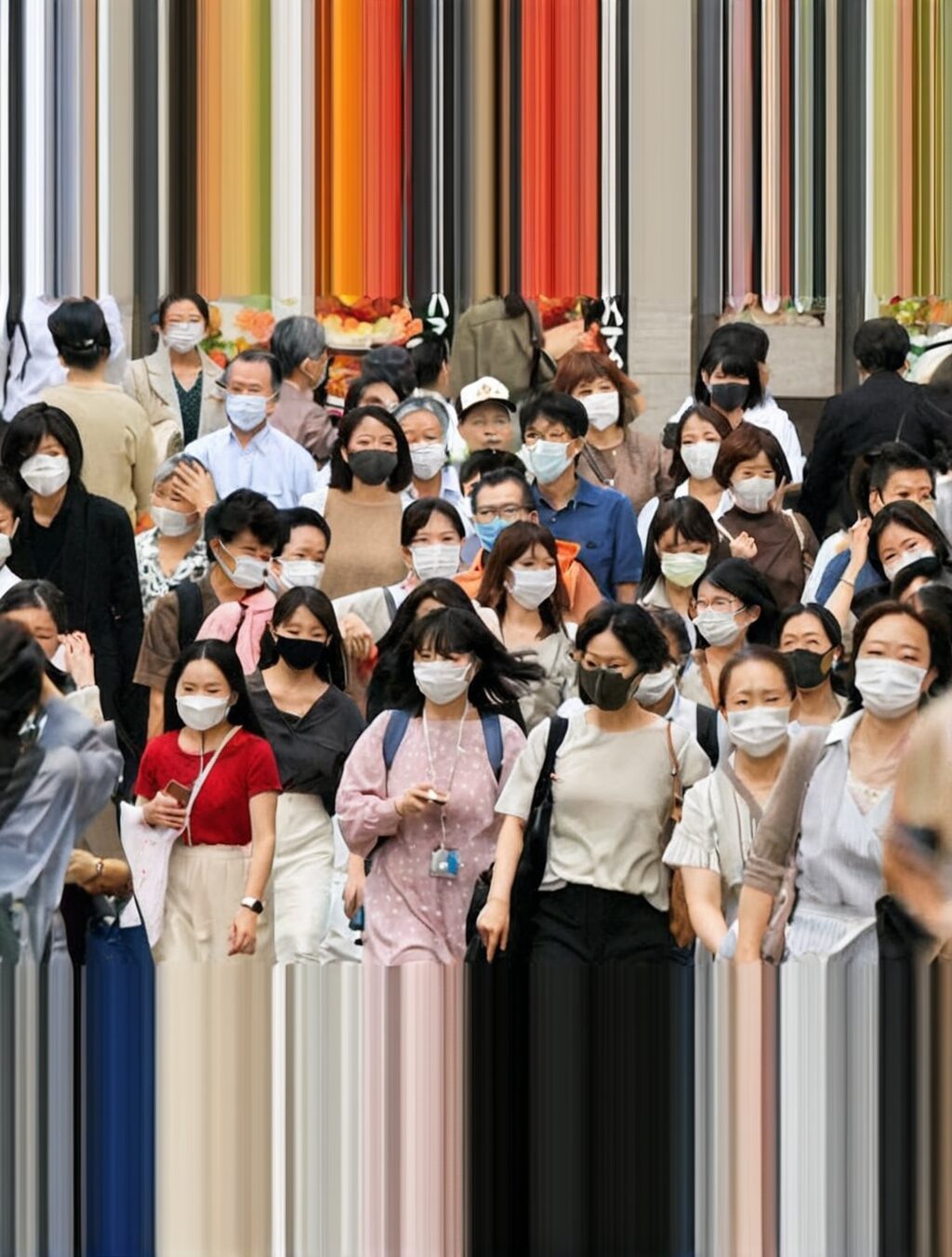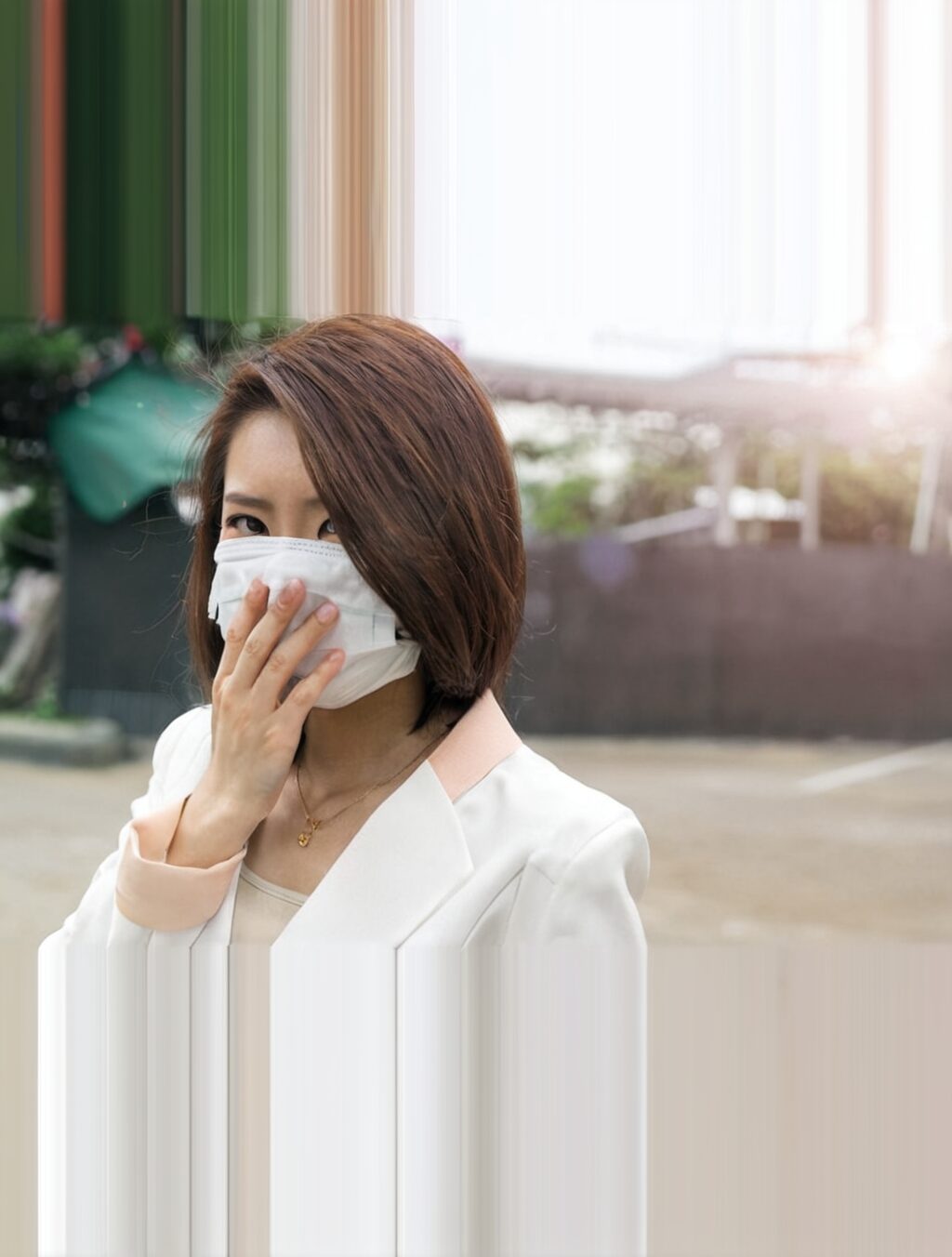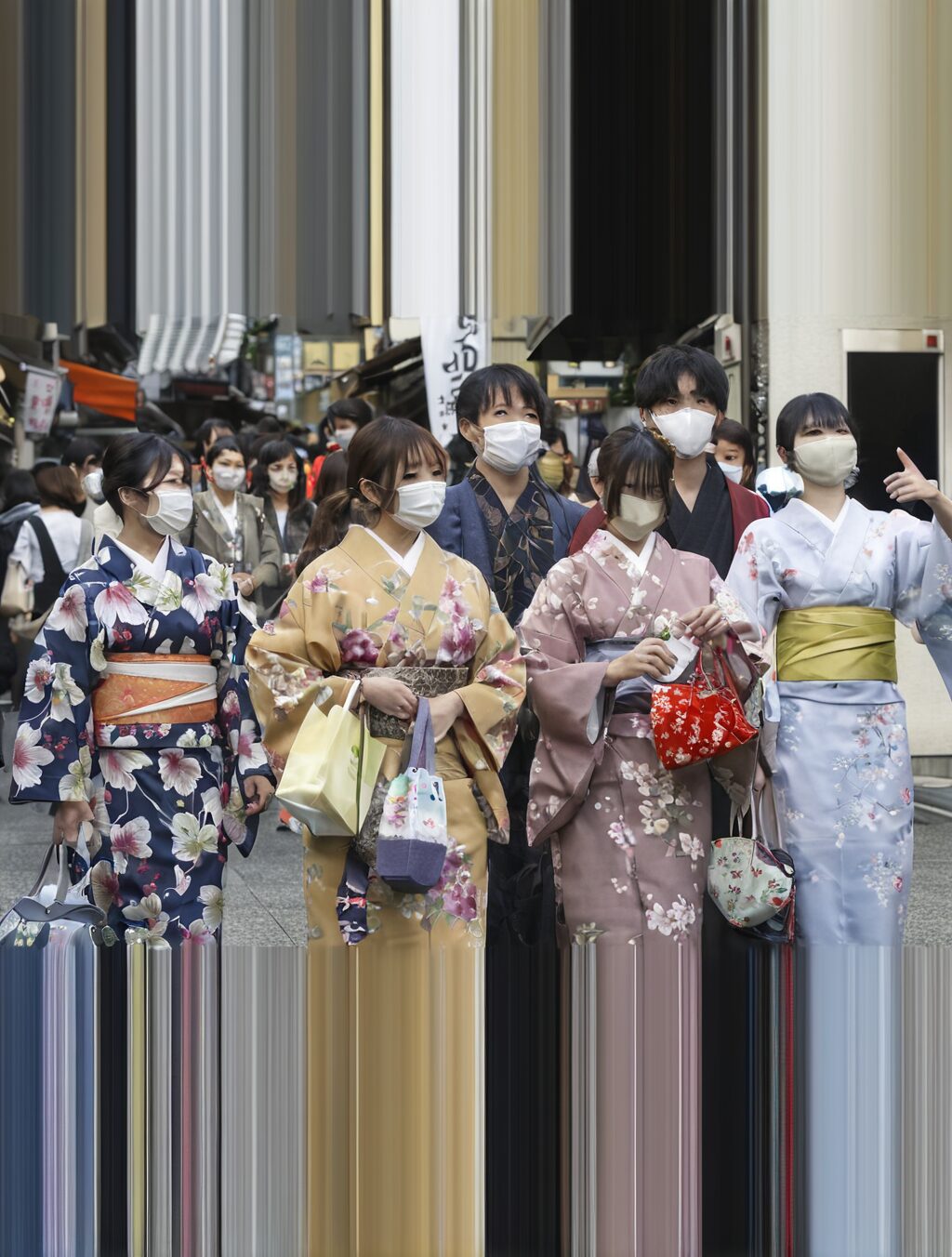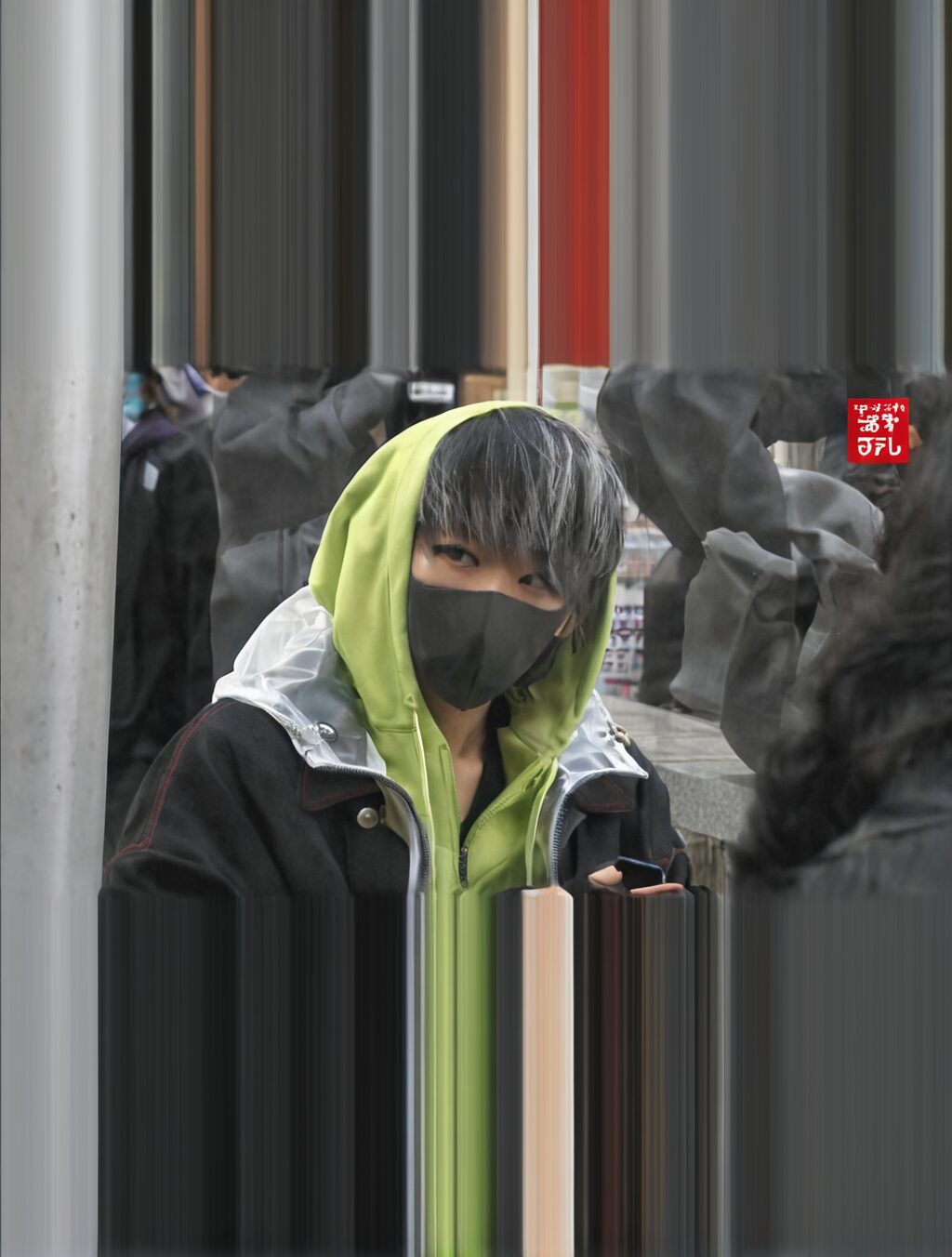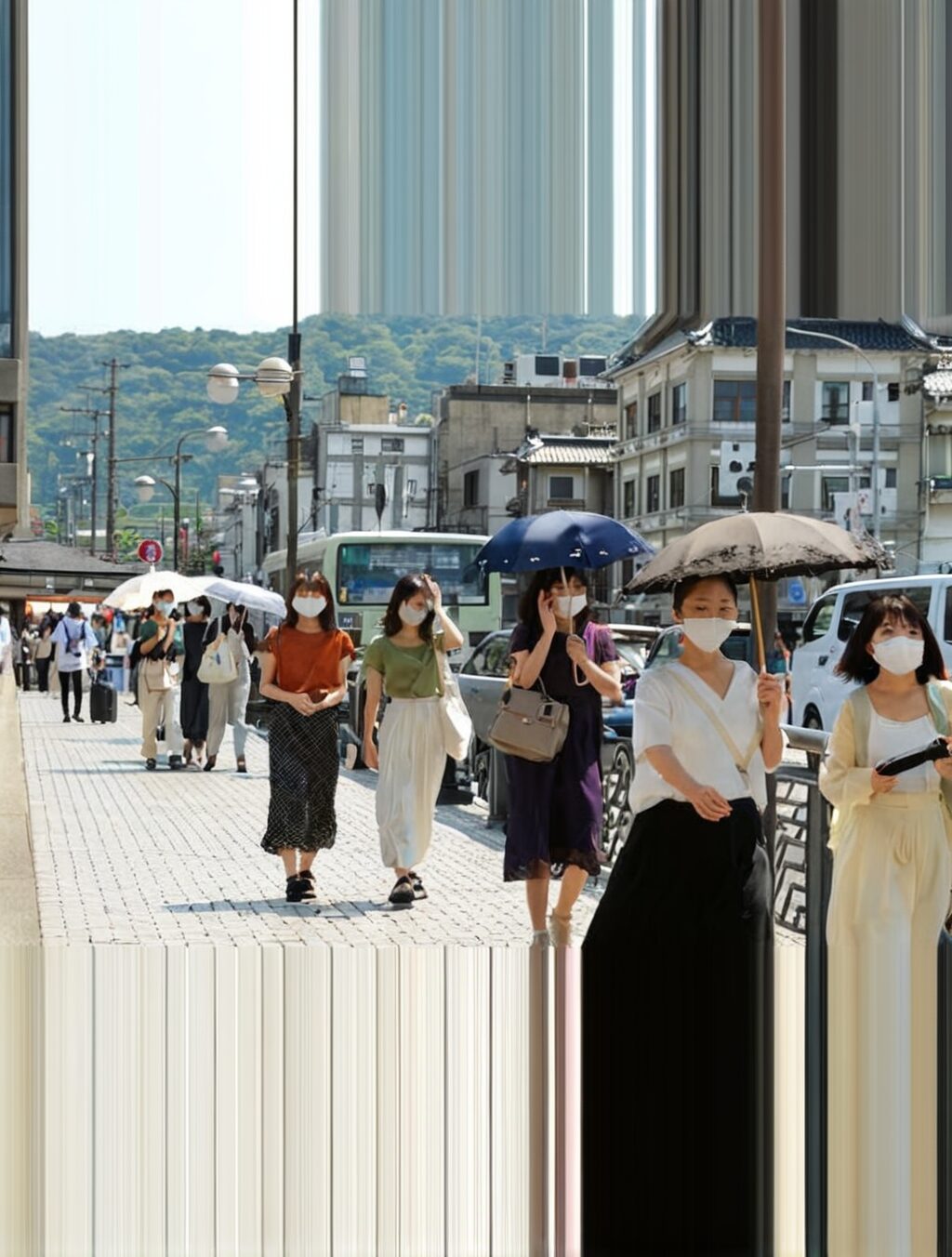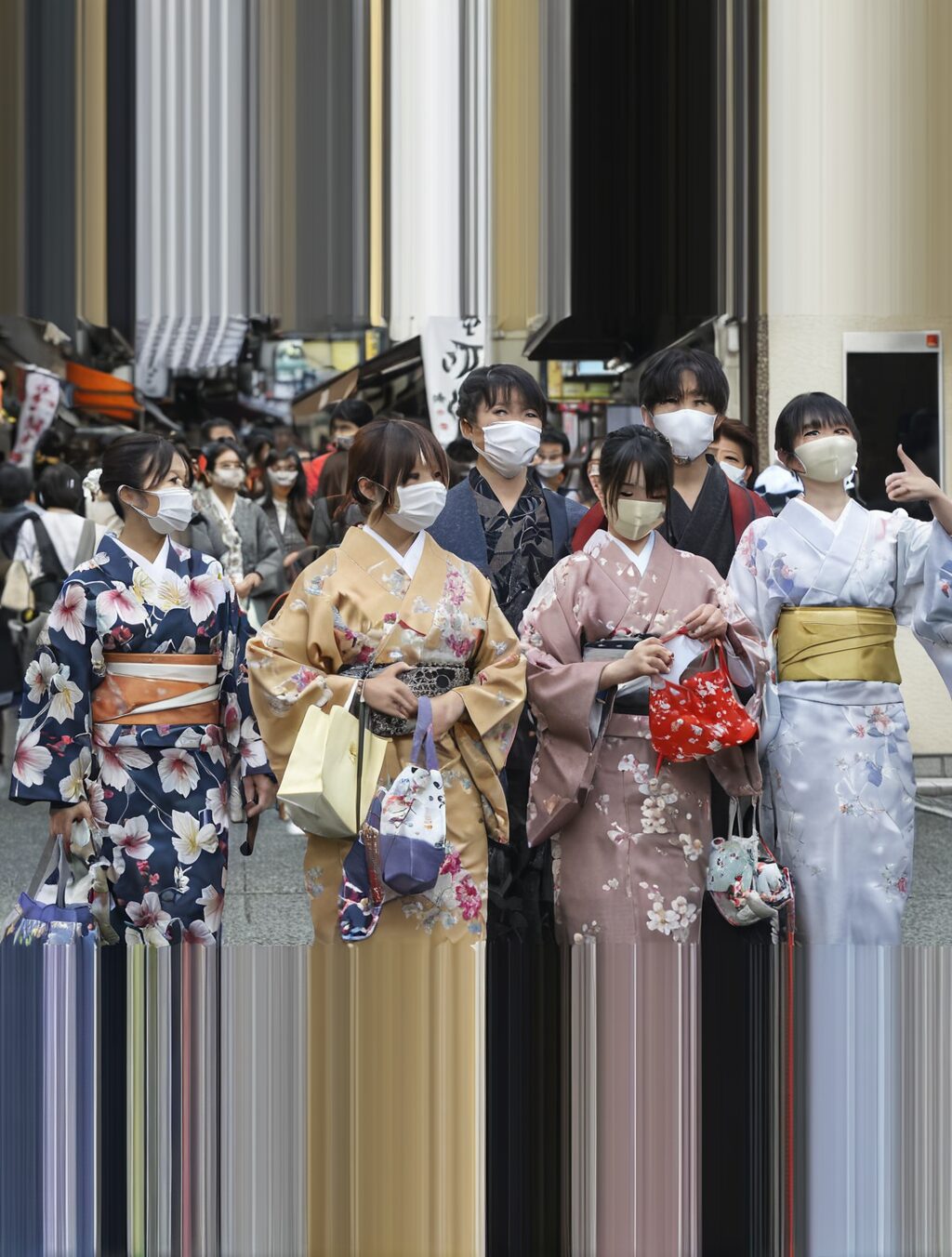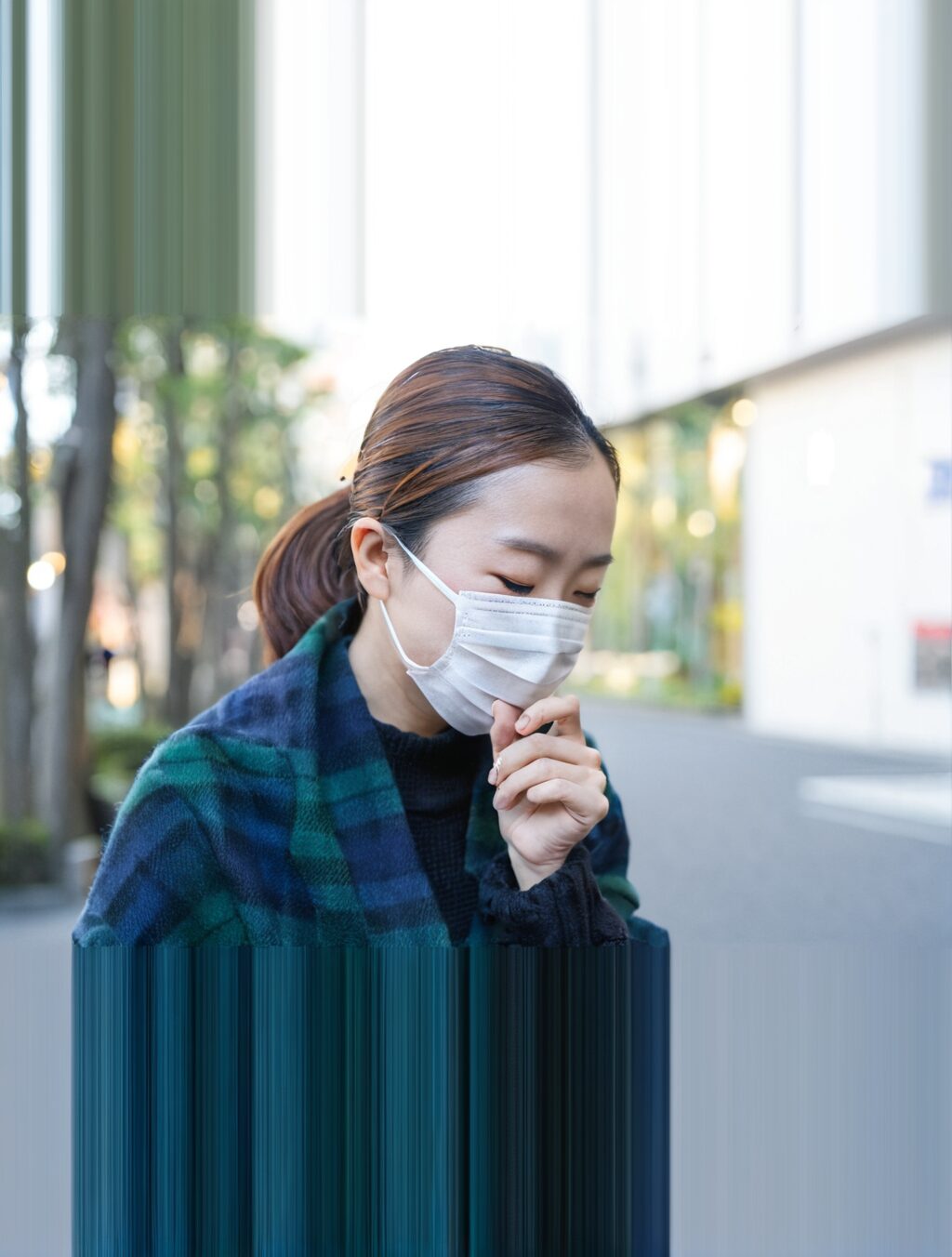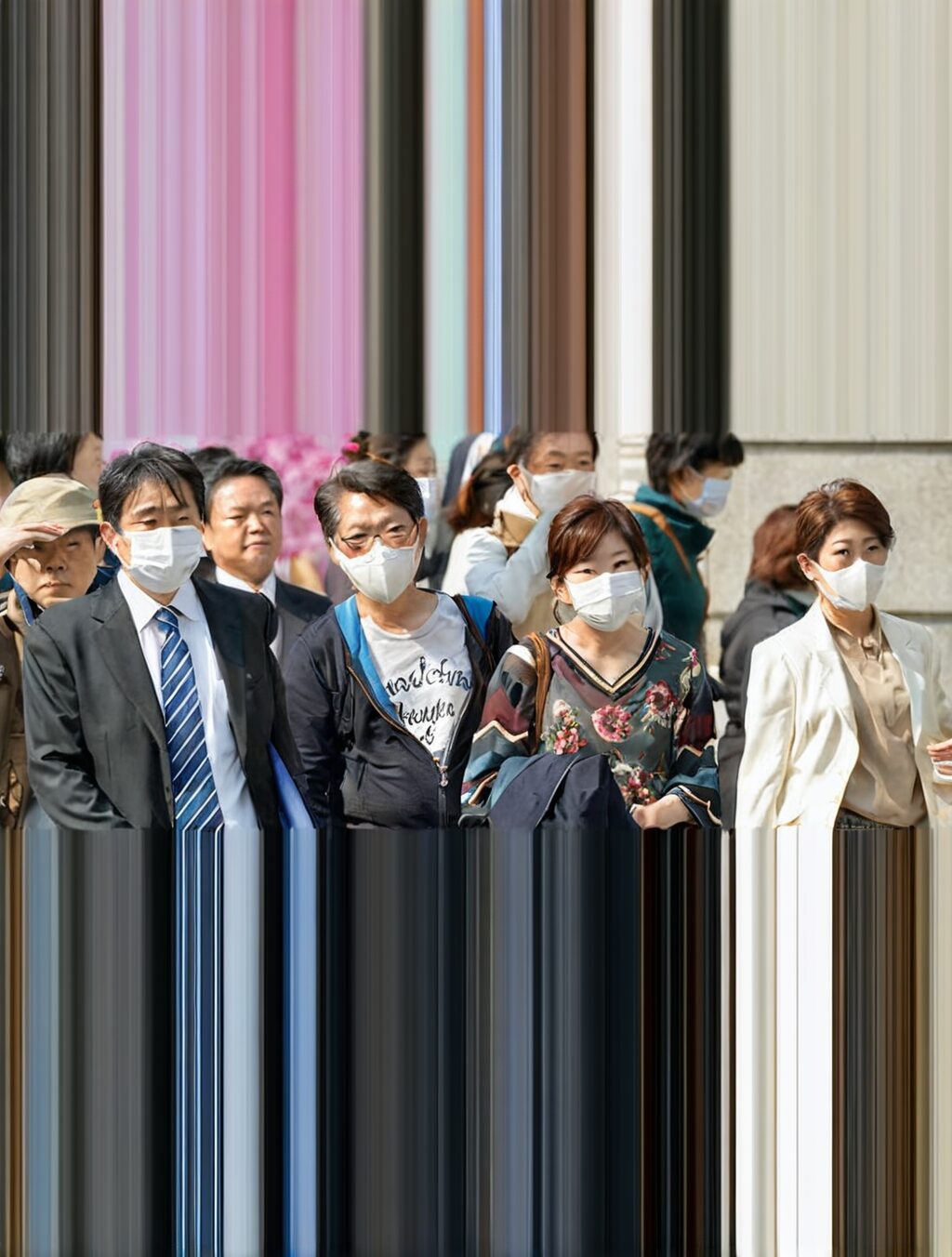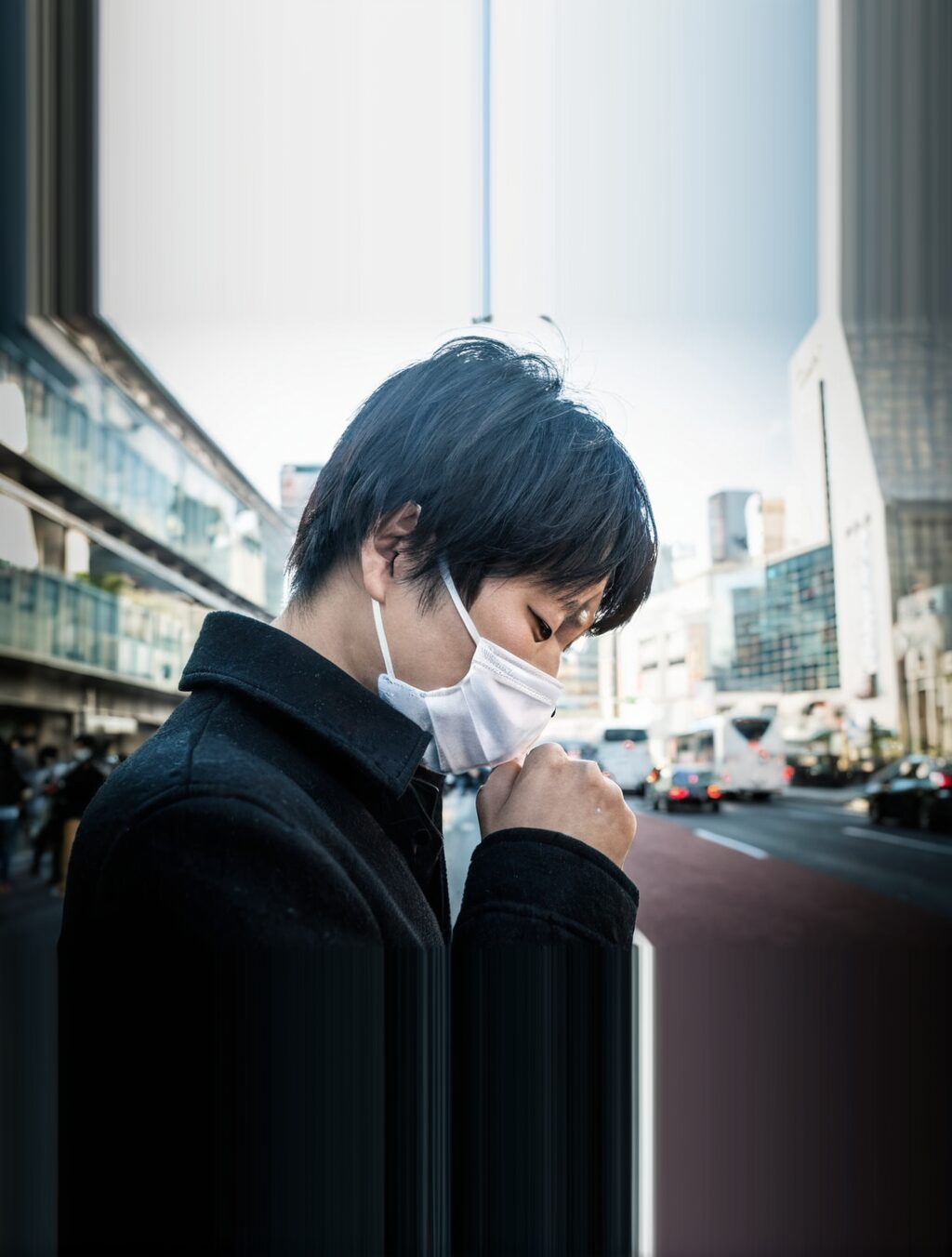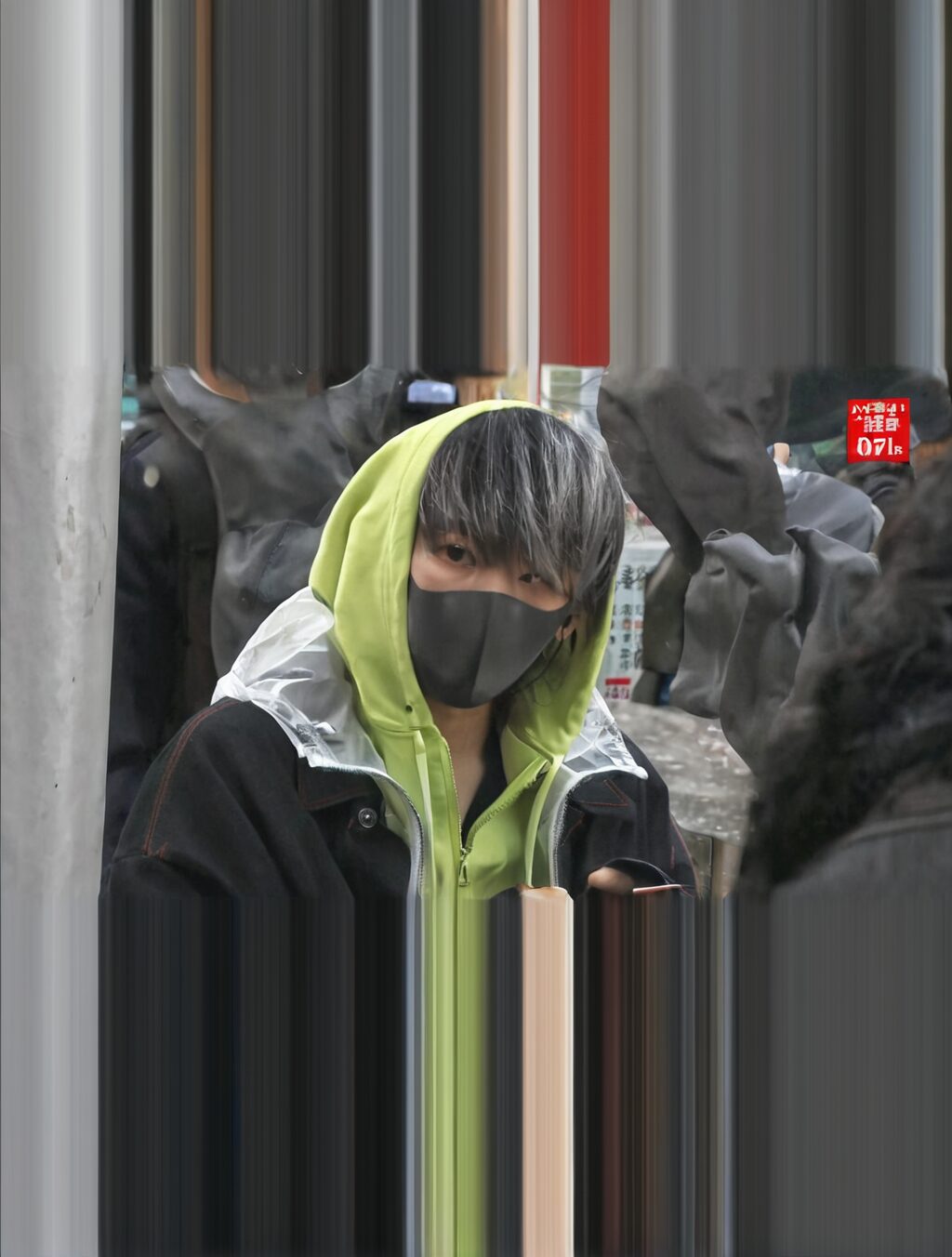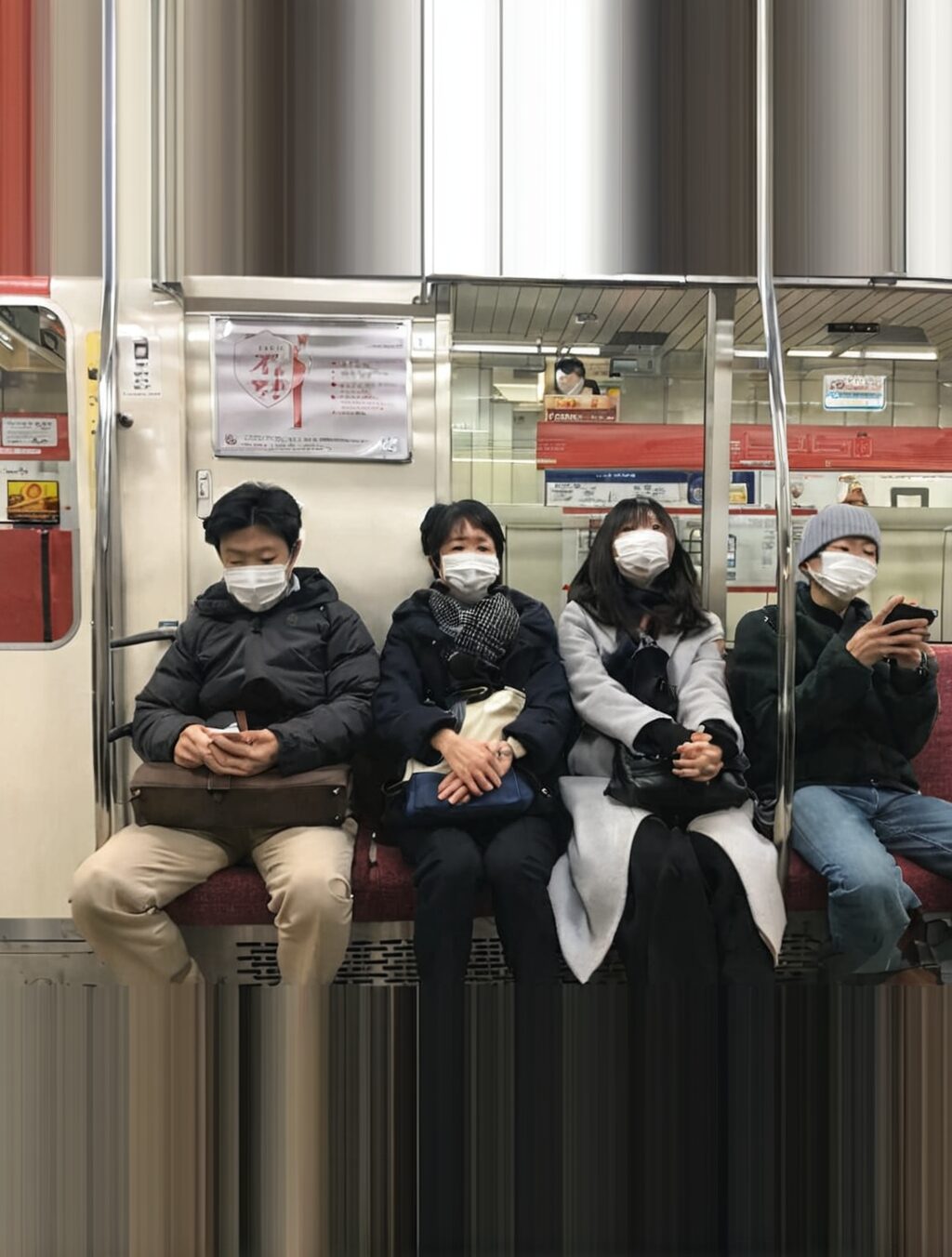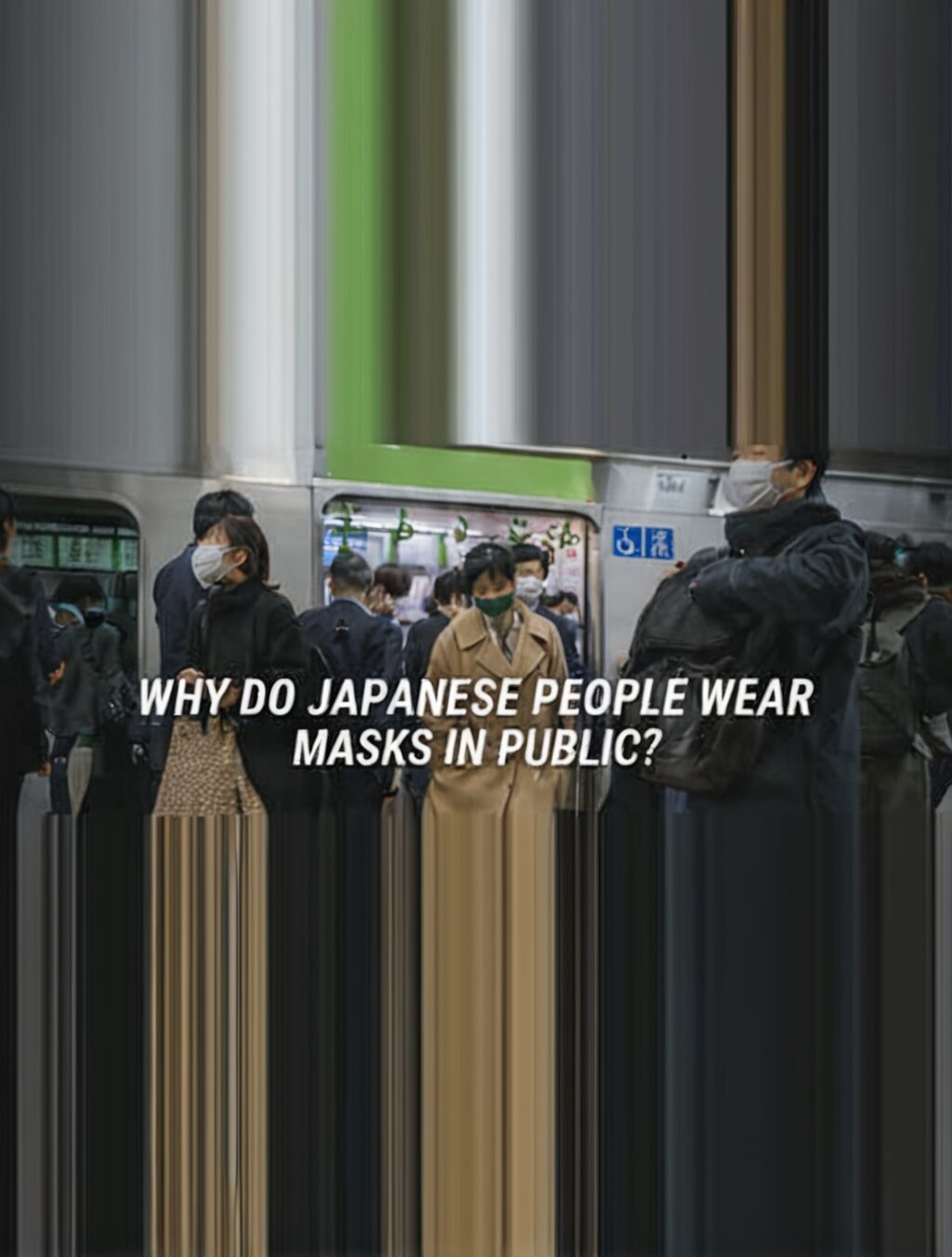**Why Do People Wear Face Masks in Japan?**
Win a Free Trip to Japan!
Experience cherry blossoms and ancient temples
Wondering why so many people in Japan wear face masks? While face masks have become more commonplace around the world due to the COVID-19 pandemic, their use in Japan goes beyond preventing the spread of illness. Here are some reasons why face masks are such a common sight in Japan:
- Cultural Etiquette: Wearing a face mask in Japan can be a sign of respect for others, particularly when feeling unwell or sneezing. It is considered polite to minimize the spread of germs, especially in crowded public spaces.
- Seasonal Allergies: Japan experiences high levels of pollen during certain seasons, which can cause allergies and discomfort. Face masks serve as a barrier, filtering out pollen and reducing symptoms.
- Pollution: Air pollution is a concern in some urban areas of Japan, and face masks provide protection against harmful pollutants.
- Fashion Accessory: Face masks have also become a fashion statement in Japan, with various styles and designs available. They can complement an outfit or create a unique personal expression.
- Health Precautions: Beyond preventing the spread of germs, face masks are often worn during cold and flu season or when visiting crowded places like public transportation to minimize exposure to illness.
FAQs
- Is it rude not to wear a face mask in Japan? No, it’s not considered rude, but it may be seen as impolite if you are visibly unwell.
- Do you have to wear a face mask outdoors in Japan? It’s generally not necessary outdoors unless you are in a crowded area or experiencing allergy symptoms.
Conclusion
Wearing face masks in Japan has become a common practice that goes beyond health precautions. It reflects cultural etiquette, protects against seasonal allergies and pollution, and can even be a fashionable accessory. Understanding these reasons provides insight into the unique cultural norms and practices of Japan.
